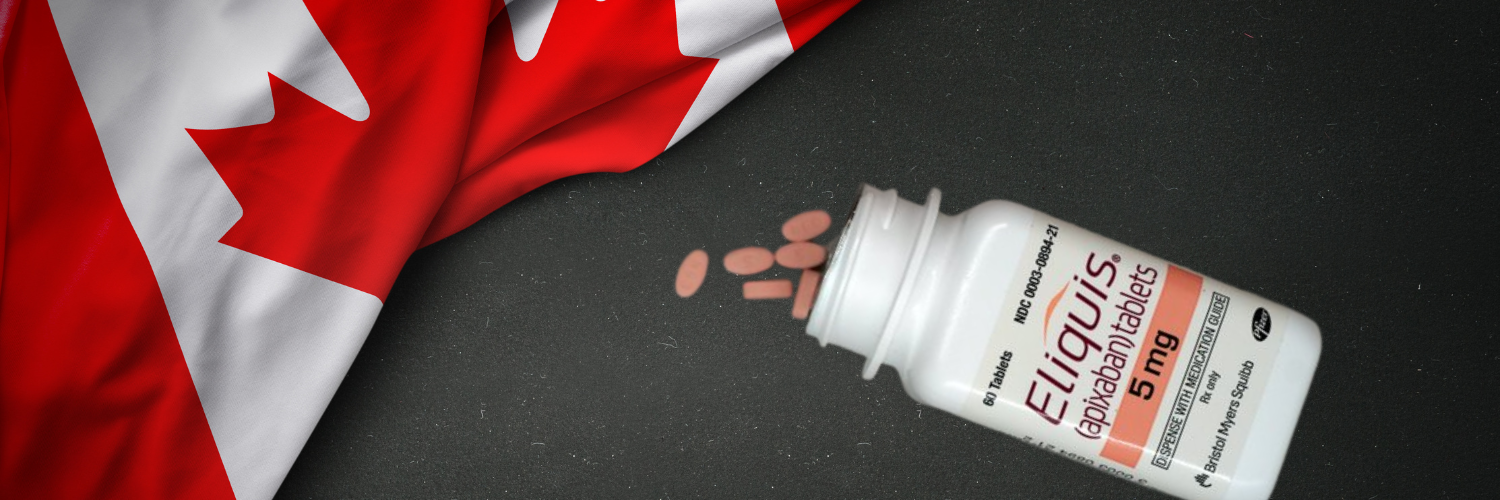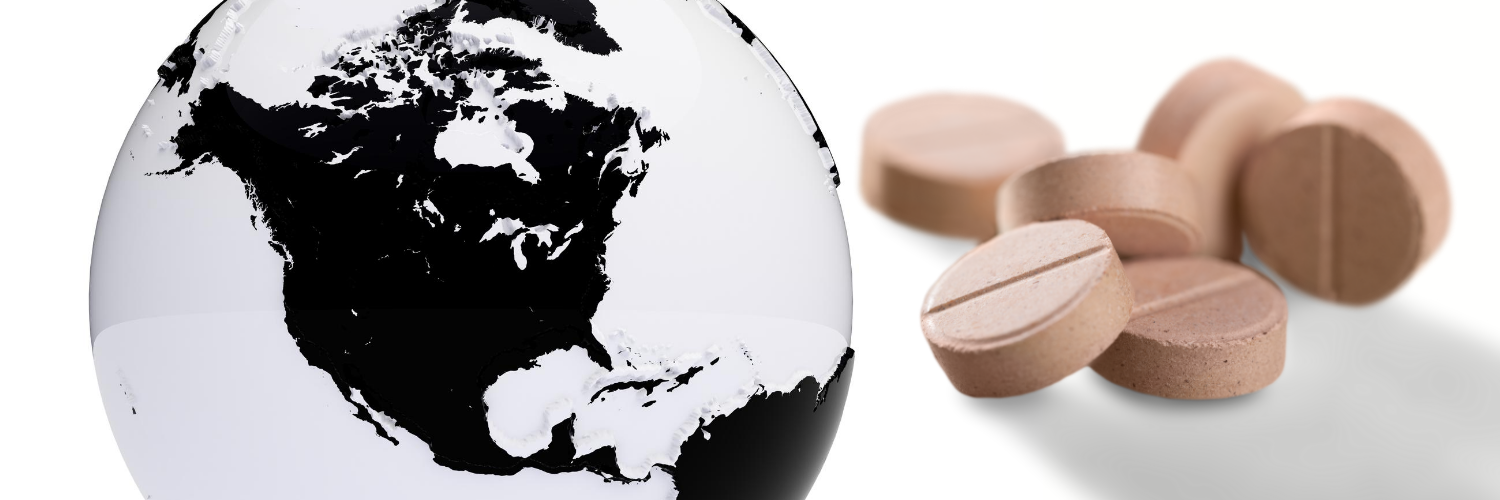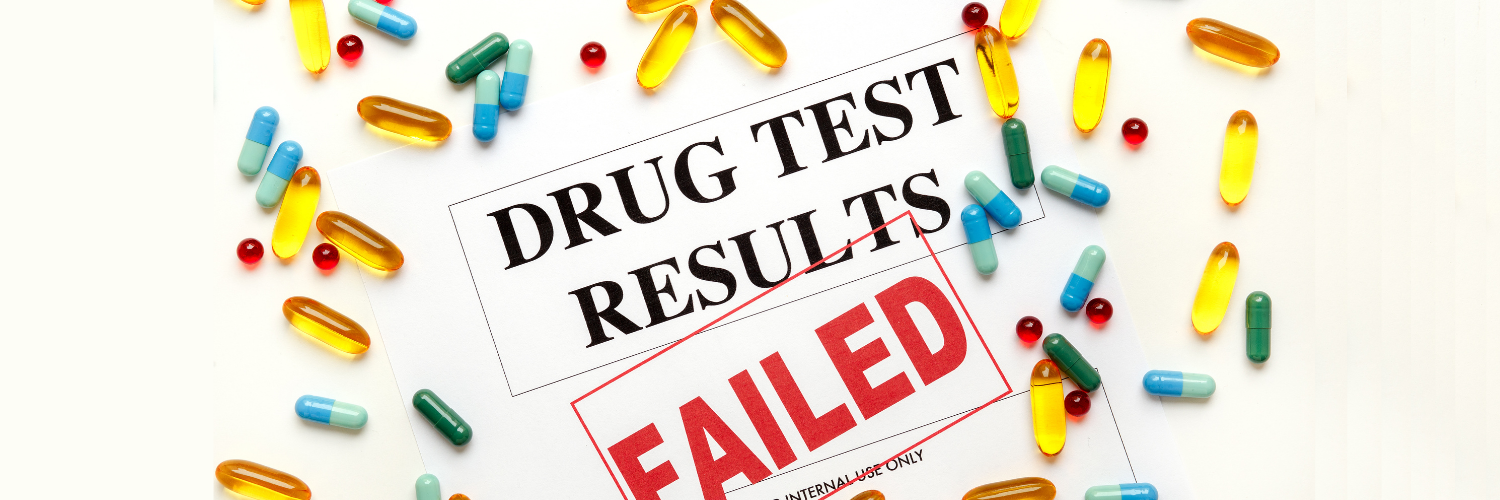Why I Order Eliquis From a Canadian Online Pharmacy

I am in line at the pharmacy counter and stifle a gasp when the person in front of me is presented with a $1200 prescription. He pays by credit card with, what appears to me, great hesitation.
I’m next. I tentatively ask to be handed what will be my first-ever prescription for the blood thinner, Eliquis. The clerk hands me the customary little white bag containing a plastic bottle of pills. Still concerned that the man ahead of me paid $1200 for a medication, I ask how much my Eliquis costs.
$506.
“$506!?” I gasp back at the employee. “For 30 days?!”
Yes, he answers, and then tells me I have now met my 2023 Part D deductible, that the cost will decrease until I “hit the donut hole” and then the price goes up! Next year, we’ll do the same dance: the first month will again cost $506 – or even higher considering annual retail price increases. This would leave me paying about $1200-1600 per year out of my own pocket. I decided to direct him to please put the prescription back on the shelf and I went home.
At my computer over the next weeks, I researched the global tangle that is the production of name-brand and generic medications for consumption in the USA. And, I researched reasons why I cannot purchase an affordable generic Eliquis in the USA. I detail said research below.
Where is the generic Eliquis?
It turns out, despite not being found on our pharmacy shelves, generic Eliquis is in fact approved for sale in the USA:
“The U.S. Food and Drug Administration said on Monday it has approved the first generic version of Bristol-Myers Squibb Co and Pfizer Inc’s blood thinner Eliquis. The approval was granted to Micro Labs Ltd and Mylan Pharmaceuticals Inc, the agency said.” (Reuters News December 23, 2019)
Micro Labs is “a wholly owned subsidiary of Micro Labs Limited, India, which is among the top twenty pharmaceutical companies in India, founded in 1973.
Because drug companies are constantly buying out others, working with various subsidiaries, and brokering deals with smaller manufacturing plants, the complexity we face as consumers in search of our prescription drug’s origin only deepens. For example, in November 2020, Pfizer Inc. announced that it had completed the transaction to spin off its Upjohn Business and combine it with Mylan N.V. to form Viatris Inc. Viatris is headquartered in the United States, with three global centers in Pittsburgh, Pennsylvania, U.S., Shanghai, China, and Hyderabad, India.
Although generic Eliquis has been approved by the FDA, we still cannot purchase it in the USA. The question is why not? The answer is explained in the New England Journal of Medicine:
“Brand-name drug manufacturers employ several strategies for forestalling competition in the United States. One approach has been to amass multiple patents on aspects of a drug or biologic other than its active ingredient, such as its formulation, manufacturing process, and method of use (i.e., its use to prevent or treat a disease).”
“Brand-name manufacturers control the language on their products’ labels. By law, generics manufacturers are required to use very similar labels. Brand-name manufacturers can thus now create labels that reference material related to new method-of-use patents and then sue generics manufacturers for patent infringement.”
“Lack of action by both the Supreme Court and Congress would allow brand-name drug manufacturers to wield a powerful new weapon to delay or deter the entry of generic and biosimilar drugs, which could have important implications for health care costs and patient welfare.”
(“A Method of Use’” to Prevent Generic and Biosimilar Market Entry,” New England Journal of Medicine, by S. Sean Tu, Ph.D., J.D., and Ameet Sarpatwari, Ph.D., J.D. February 9, 2023; 388:483-485)
A 2021 article in Bloomberg Law details that “Bristol-Myers Squibb Co. won an appeals court ruling upholding the validity of two patents for the blockbuster blood-thinner Eliquis, which the company said closes the door on all copycat versions until 2028.” (Bloomberg Law Sept. 3, 2021)
Where are the active ingredients for medications sold in the USA obtained?
Data surrounding the U.S. prescription drug supply chain is not consistent, signaling no one has a firm grasp on where our drugs come from. According to a 2012 USA Today article, the FDA estimates that “80 percent of ingredients in U.S.-made drugs — and 40 percent of finished medications Americans take — come from abroad.”
In 2022, a PharmacyChecker report found that 68% of finished brand-name medications are made outside the United States. This finding, coupled with the fact that the majority of our generic drug supply is produced in India and China, suggests that the large majority of our drug supply is foreign-made – a far higher percentage than the FDA’s data (40%) for finished pharmaceuticals.
I called Bristol Myers Squibb (BMS) to ask about the country of origin of the active ingredients (APIs) and excipient ingredients in Eliquis.
“That information is not available,” I was told.
So I called several more times. My requests to speak to a business office employee at any large BMS location were denied. Finally, a BMS (alleged) nurse told me she did not know the source of the active ingredients, but that Eliquis is made in two locations: 1) Mt. Vernon, IL (BMS has not owned a facility there for at least 3 years and had sold it to AstraZeneca.) and 2) Humacao, Puerto Rico.
The inability of those at BMS who answered my calls to provide me with detailed information about the sources/countries of origin of the ingredients of Eliquis made me feel as if I were asking to know closely guarded secrets. But I am the one swallowing those pills and would like to know their origin.
I have learned that the location stated on a pharmacy’s medication dispensing box/bottle does not always directly indicate the sources of the active ingredients or excipients. The convoluted complexity of the sources of active and excipient ingredients in medications is difficult to comprehend.
Is it against the law to order medications from outside the USA?
“Scare tactics” stories circulate warning Americans that it is unsafe to order medications from out of the USA. Some accuse the pharmaceutical companies themselves of promoting scare tactics. Not everyone is frightened:
“About five million Americans buy medication internationally each year because of high costs in the United States.”
(New York Times, March 24, 2014, by Op-Ed Contributor Gabriel Levitt)
H.R. Bill 832 was introduced in the House on February 4, 2021 “to amend the Federal Food, Drug, and Cosmetic Act to allow for the personal importation of safe and affordable drugs from approved pharmacies in Canada.” To date, this bill has not passed.
The FDA explains that it “typically does not object to personal imports of drugs that FDA has not approved under certain circumstances.” They also publish guidance for the personal importation of drug or device products. But my Eliquis is approved by the FDA – and so is generic Eliquis, for that matter. So is it legal for me to then order it? Technically, importing prescription medication for my personal use is illegal under most circumstances. As I mentioned above, millions of my fellow Americans do so anyway – and I’ve learned that no one has been prosecuted. The issue is very much in political limbo, leaving patients like me that can’t afford their Eliquis to reckon with the legal gray area. As long as one imports for personal use prescribed medication that does not exceed a three-month supply, one will likely receive one’s medication. (Less than 1% of prescription drug orders are held at the border.)
How does one safely purchase medications from Canadian online pharmacies?
I learned about PharmacyChecker when The Center for Infectious Disease Research and Policy, part of the Office of the Vice President for Research at the University of Minnesota published their report in January 2022 called "Not Made in the USA: The Global Pharmaceutical Supply Chain and Prospects for Safe Drug Importation.” PharmacyChecker maintains a list of online Canadian and other international pharmacies that it approves and then routinely monitors for compliance with high pharmacy practice standards.
The Canadian International Pharmacy Association (CIPA) also maintains a list of approved online Canadian pharmacies.
Both PharmacyChecker and CIPA’s guidelines include that: one should order drugs only from their lists of approved online Canadian and other international pharmacies, all of which require a prescription from the patient’s physician and limit the quantity per order to a three-month supply.
Having done this research, only a portion of which is listed above, I predict that more patients in the USA will demand a much less expensive generic Eliquis starting in 2028. And that physicians will not hesitate to place their signatures above the “substitution allowed” line.
At my advanced age, I chose not to wait until 2028. My first order of brand name Eliquis from a Canadian online pharmacy approved by both Pharmacy Checker and CIPA arrived. The pharmacy partners with pharmacies internationally, with locations beyond just Canada: they also work with dispensing pharmacies in Australia, Mauritius, NZ, and the UK. My product was labeled for sale in Turkey and then shipped from Mauritius.
The box states:
Licensed in Istanbul, Turkey, by Pfizer Pharmaceutica. Production place Bristol-Myers Squibb Manufacturing Company Humacao, Puerto Rico (an American territory).
The box, like many dispensing boxes/bottles in USA pharmacies, does not specify the source of the active ingredients.
My annual cost for the name brand Eliquis will now be under $400/year.





I even checked prices on GoodRx and other similar sites before going to Canada for my drugs.
Brand name drugs x 2 = over $10,000 a year in the US. Both drugs are made by Pfizer. I now get them from the UK for about $1000 a year and they don't count toward the donut hole.
With some other drugs I use, I've checked Canadian prices but since I don't have any problems with taking those generics, I just let Part D handle them.
Sometimes, I feel like a timeshare salesman when I talk to family and friends about the savings you can get from Canadian pharmacies. Considering what the co-pays are for many drugs under Part D, it's really not that much more out of pocket to get the real deal from Canada.
Surprisingly, when I asked my doc for 2 printed scripts for these drugs instead of electronically sending to my insurance, he asked why and I told him. Turns out, he and his wife get several drugs from Canada because he doesn't want to pay the ridiculous prices here in the states.
Oh, the hype about possible fake drugs? Has anyone heard of British or Canadian people falling over dead en masse because they bought their drugs from their local pharmacy?